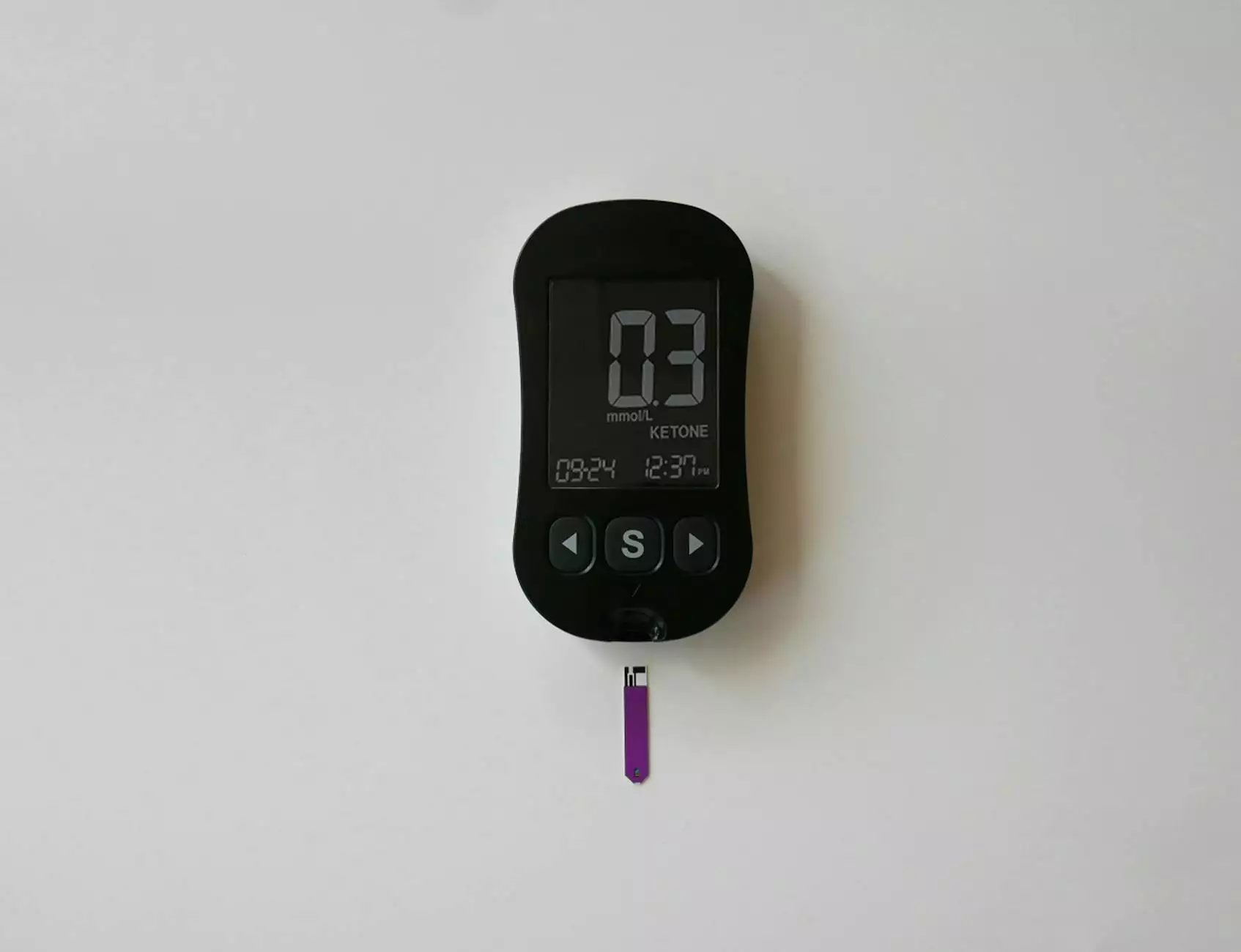Emerging Medical Technologies - Advancements in Healthcare

Introduction
Welcome to Life Science Market Research, your trusted source for information on the latest emerging medical technologies. In this article, we will explore the advancements in the field of healthcare brought about by cutting-edge medical technologies. From revolutionary diagnostic tools to groundbreaking treatment methods, the healthcare industry is being reshaped and improved as never before.
The Importance of Emerging Medical Technologies
The continuous development and implementation of emerging medical technologies have the potential to transform the way healthcare is provided. These technologies not only enhance the accuracy and efficiency of medical diagnoses and treatments but also improve patient outcomes, reduce healthcare costs, and increase accessibility to quality care.
Advancements in Diagnostic Imaging
One of the most remarkable areas of progress in medical technology is diagnostic imaging. Through the use of advanced imaging techniques such as magnetic resonance imaging (MRI), computed tomography (CT) scans, and positron emission tomography (PET), healthcare professionals can obtain detailed and precise images of the human body, aiding in the early detection and accurate diagnosis of diseases.
MRI (Magnetic Resonance Imaging)
MRI is a non-invasive imaging technique that uses magnetism and radio waves to visualize the internal structures of the body. It provides valuable information about the anatomy and physiology of various organs and tissues, helping diagnose conditions ranging from soft tissue injuries to neurological disorders.
CT (Computed Tomography) Scans
CT scans combine multiple X-ray images to create cross-sectional images of specific areas of the body. This technology allows healthcare professionals to identify abnormalities, such as tumors or internal injuries, with high precision. CT scans are often used in emergency cases and for cancer screening.
PET (Positron Emission Tomography) Scans
PET scans involve the injection of a radioactive tracer into the body that emits signals indicating the metabolic activity of cells. By detecting changes in metabolism, PET scans are effective in diagnosing cancer, cardiovascular diseases, and neurological disorders.
The Power of Robotics in Surgery
Robotics has revolutionized the field of surgery, allowing for increased precision, less invasive procedures, and faster recovery times. Robotic surgical systems, such as the da Vinci Surgical System, enable surgeons to perform complex procedures with enhanced dexterity and improved visualization.
The da Vinci Surgical System
The da Vinci Surgical System consists of robotic arms controlled by a surgeon, providing a high-definition, 3D view of the surgical site. With its pinpoint accuracy and minimal invasiveness, this system has significantly reduced post-operative pain, scarring, and recovery time for patients undergoing various procedures, including prostatectomies and hysterectomies.
Telemedicine and Remote Patient Monitoring
The emergence of telemedicine and remote patient monitoring has transformed healthcare delivery, especially in rural or underserved areas. With the help of secure communication channels and wearable devices, medical professionals can remotely monitor vital signs, provide consultations, and manage chronic conditions, improving access to care and reducing the need for unnecessary hospital visits.
Gene Therapy and Personalized Medicine
The advent of gene therapy and personalized medicine marks a major breakthrough in the treatment of genetic disorders and certain types of cancers. By targeting specific genes or genetic mutations, gene therapy aims to correct or replace defective genes, potentially providing long-term solutions to previously untreatable conditions.
Conclusion
As technology continues to rapidly evolve, so too does the landscape of healthcare. Emerging medical technologies are playing a pivotal role in enhancing diagnosis accuracy, improving surgical outcomes, expanding access to care, and advancing personalized treatments. At Life Science Market Research, we strive to keep you updated on the latest advancements in medical technology, ensuring you stay informed about the future of healthcare.









